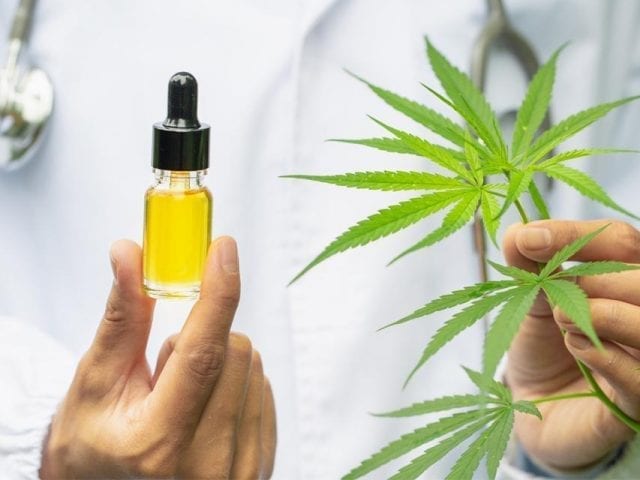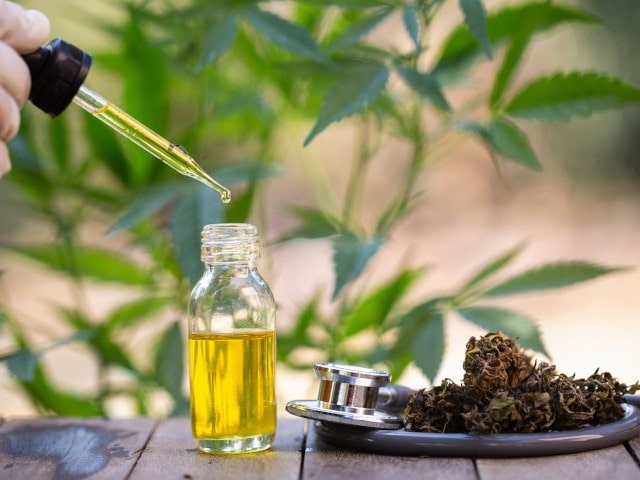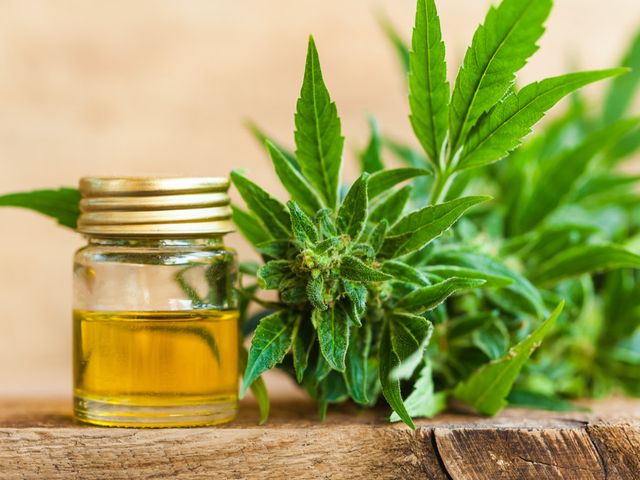Properties and Uses of Hemp
Hemp is considered a “superfood” because of its high amount of nutrients. Hemp belongs to the same plant family as blackberry (also known as Moraceae). The mulberry family is known for its genetic and chromosomal complexity, which is probably what allows this plant family to survive in almost every climate on Earth.
Hemp is a hardy plant believed to be of Asian (Central Asian) origin. It can be grown in almost any ecosystem in the world. Hemp requires none of the pesticides or herbicides used to keep a weak plant alive. And it generally grows three to six feet at full size! Only eight of nearly a hundred known common crop pests can cause problems, and these can be dealt with by natural means. Hemp also suppresses naturally due to its rapid growth and development of a canopy. And on top of all this, the hemp plant produces a superfood in the form of a seed.
Difference between hemp
There is a lot of confusion when talking about hemp because they have the same name, both are classified as Hemp Sativa, and in English, both plants are called “hemp”. Hemp Sativa is a species with hundreds of varieties. Hemp is subspecies of this plant.
The difference between hemp is that contains THC, the psychoactive ingredient that makes you have a good time (the one that gets you “high”), while hemp is high in CBD, a compound with medicinal but no psychoactive properties. Hemp does contain THC, but in negligible amounts, 0.05% to be exact. Hemp contains THC in the range of 3%-20% and nowadays, with the super hybrids that exist, there are some varieties that contain over 20% THC.
In conclusion, hemp gives you the “High” and hemp does not, but both are very good for nourishing the body and promoting health in various ways.
Benefits of hemp:
Leading researchers and physicians consider hemp to be one of the most nutritious food sources on the planet. The resilience and nutritional power of hemp seeds could significantly address the planet’s protein needs and eradicate famine problems.
It has been used as food and medicine for at least 10,000 years.
The ancient Chinese relied on hemp seeds and hemp oil as food and medicine. In addition, evidence suggests that the seed was used in prehistoric times as well. If you’re interested in learning more about Hemponix CBG, check their web page to find more.

Although the seeds began to gain popularity in the West, in traditional Asian foods and medicines they are still a very important grain.
Hemp seeds are rich in fiber, vitamins, and minerals.
Hemp seeds contain high levels of fiber and vitamins A, C, and E. They are also rich in minerals, including phosphorus, potassium, magnesium, sulfur, and calcium with modest levels of iron and zinc.
Rich in antioxidants
Hemp seed contains high levels of vitamin E, which is one of the most important antioxidants for the body. Vitamin E (tocopherols), is known to have benefits in Alzheimer’s disease and atherosclerosis, and phytol (another compound in hemp), has both anti-cancer and antioxidant properties.
Fights bad cholesterol
Studies suggest that hemp seeds and their oil can help break down cholesterol, as well as prevent problems caused by high cholesterol, including blood clotting.
Improves skin conditions
Dietary hemp oil has also been shown to improve clinical symptoms of atopic dermatitis. A study published in 2005 concluded that the benefits on cholesterol and skin were due to “the balanced and abundant supply of polyunsaturated fatty acids in hemp oil”.
Prevents heart disease
The fatty profile of hemp seeds is believed to help prevent a variety of heart diseases.
A study published in 2007 concluded that hemp seeds may prevent blood clotting, which “may be beneficial in protecting against clot-induced stroke and myocardial infarction.” Another study concluded that these seeds may offer significant protection against stroke.




